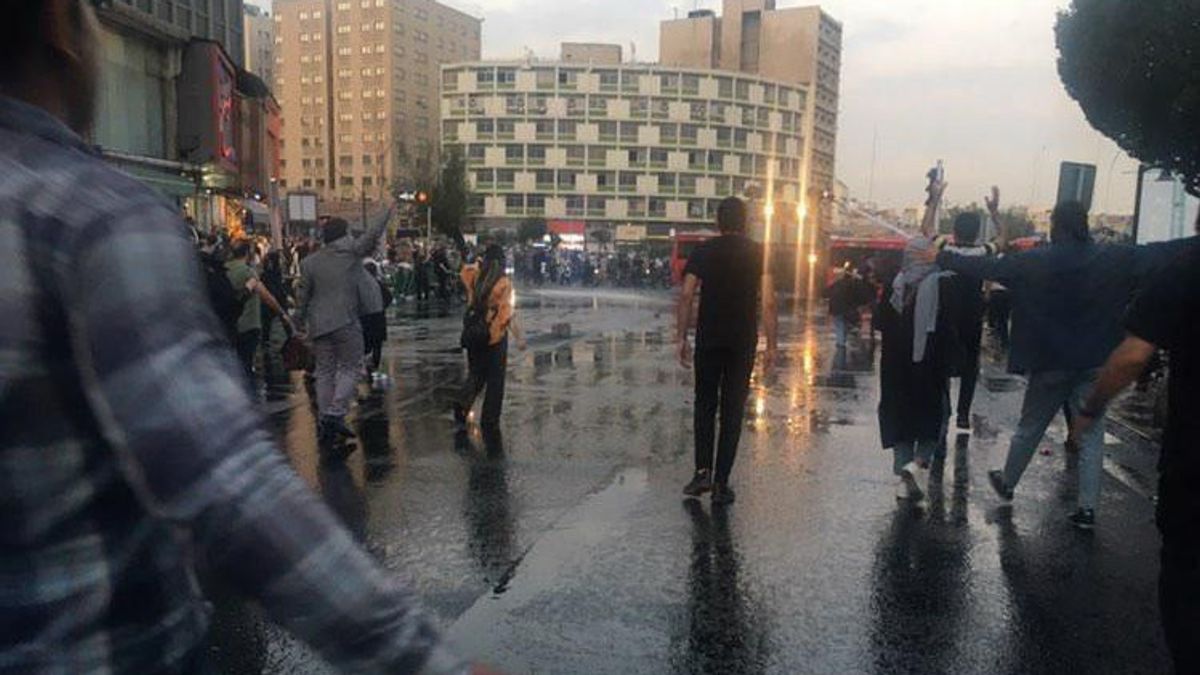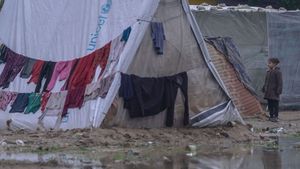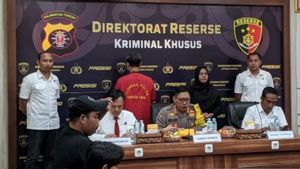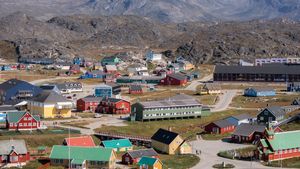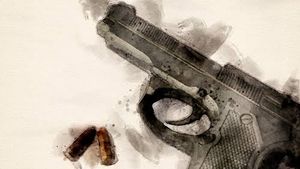JAKARTA - The UN High Commissioner for Human Rights (HAM) said Tuesday the situation in Iran was "critical", describing the violence in the authorities' response to protests, which had resulted in more than 300 deaths in the past two months.
"The increasing number of deaths from protests in Iran, including the deaths of two children at the weekend, and violent responses by security forces, underscores the country's critical situation," UN Human Rights Chief spokesman Volker Turk said at a news conference in Geneva, Switzerland. November 23.
Iran has been hit by national protests since the death of 22-year-old Kurdish woman Mahsa Amini in police custody of morality on September 16, after she was arrested for wearing clothes deemed "inappropriate".
Tehran blamed foreign enemies and their agents for bailing out protests, which have turned into an Iranian people's uprising from all walks of life, being one of the biggest challenges for clerical rulers since the 1979 revolution.
This weekend, the UN Human Rights Council in Geneva will hold a dialogue on protests that are expected to be attended by diplomats and witnesses and victims.
A proposal to be discussed at the session seeks to form a fact-finding mission about the crackdown in Iran.
Evidence of any violation that such a agency might find could later be used before national and international courts, according to UN documents.
Separately, the Office of High Commissioner for Human Rights (OHCHR) said so far more than 300 people have died, including more than 40 children. These deaths occurred across the country, with deaths reported in 25 of 31 provinces.
In the same briefing, OHCHR spokesman Jeremy way also voiced concern about the situation in key Kurdish cities, where there have been reports that more than 40 people have been killed by security forces over the past week.
As previously reported, Iranian authorities announced 40 foreign nationals were arrested for involvement in the protests, as Tehran blamed foreign parties for the widespread action of taking to the streets.
The English, Chinese, Japanese, Arabic, and French versions are automatically generated by the AI. So there may still be inaccuracies in translating, please always see Indonesian as our main language. (system supported by DigitalSiber.id)
